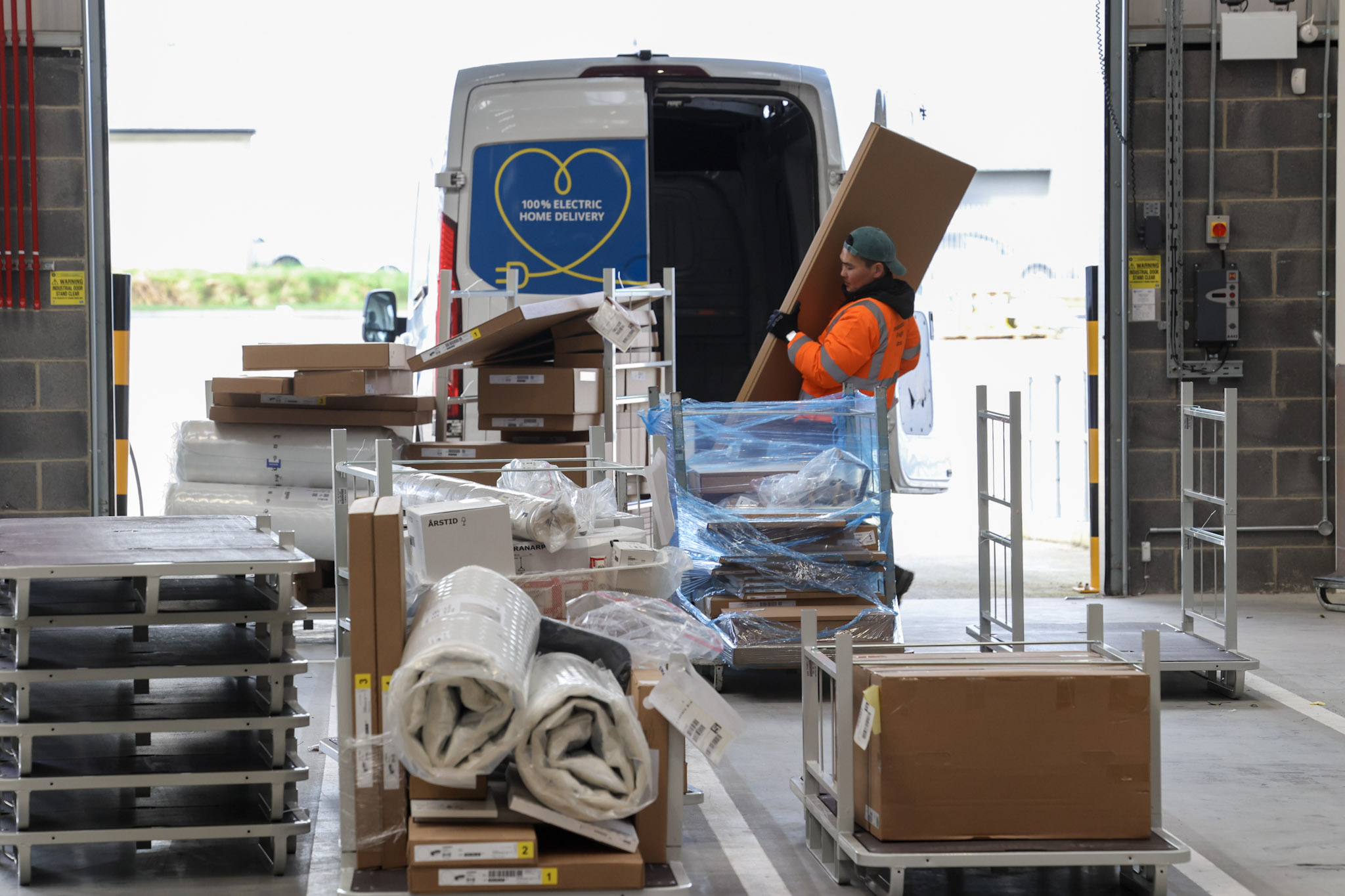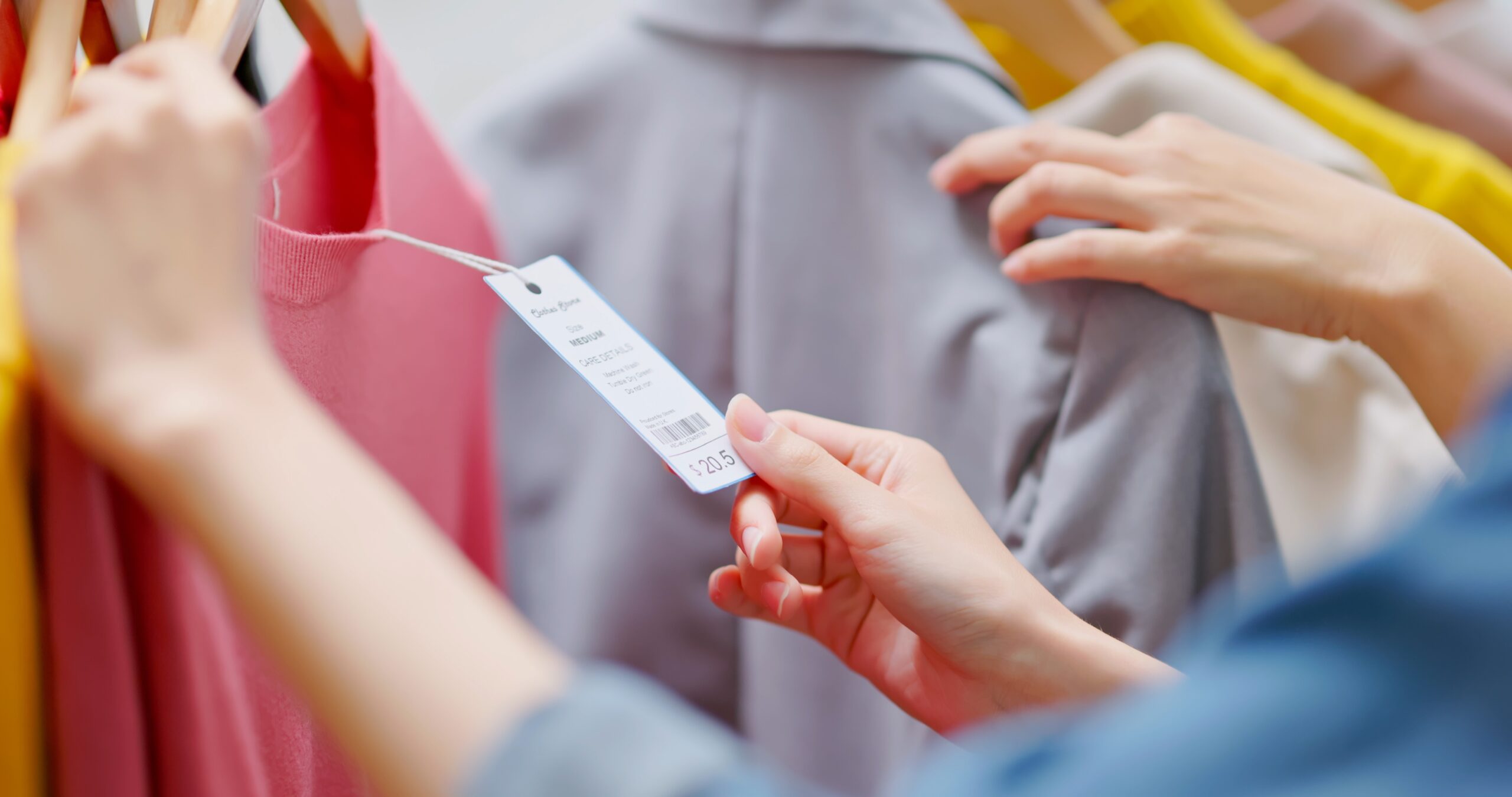Paul Skeldon, mobile editor, InternetRetailing outlines how the Internet of Things will have a revolutionary effect within retail – and our wider lives
The lasting legacy for mobile won’t be people shopping on their iPhones, but how the background technology and networks that make it work will fundamentally change the world we live in by connecting everything to everything else. The Internet of Things (IoT) has long been touted as a revolution waiting in the wings to change everything – including retail – and now it steps even closer.
It starts with the little things. Increasingly, people are buying items such as connected lightbulbs, the intensity and colour of which can be controlled from an app over wi-fi, many are getting smart thermostats for their heating, such as Hive, and some are even getting wi-fi enabled doorbells and lock systems for their homes, again working with apps and wi-fi. Couple this with the growth in use of home control devices such as Google Home, Amazon’s Alexa and, if you have deeper pockets, Apple’s HomeHub, and suddenly the IoT is no longer in publications like the one you are reading this in, but something that occupies people’s homes. And this is where IoT and retail start to collide.
Consumer IoT
From the consumer side, these devices are already available off the shelf. The recent move by Vodafone to open up its IoT network – basically its mobile network and some special SIM cards – to consumers is a case in point. It has launched V by Vodafone, designed to enable consumers to connect millions of these home and leisure electronics products – and even their pets – to the Group’s dedicated global IoT network – the largest of its kind in the world.
The aim is to provide a simple system for consumers to connect and manage IoT devices and a product range that includes a connected car dongle, a 4G security camera, a pet location and activity tracker, and a bag location tracker.
Vodafone’s consumer IoT strategy will build upon the company’s extensive track record in developing and implementing enterprise IoT technologies. The group is a world leader in IoT, with 59m IoT connections, and an international network and services platform for a wide range of business-critical applications.
“The Internet of Things is already beginning to transform how businesses operate,” explains Vodafone Group Chief Executive, Vittorio Colao. “Over the next decade, the expansion of IoT into consumer markets will bring about an equally dramatic shift in how people manage their daily lives, at home and in their leisure time. ‘V by Vodafone’ makes it simple to connect a wide range of IoT-enabled devices, helping customers keep everyone and everything that matters to them safe and secure. We look forward to applying our world-leading expertise in IoT to help consumers make the most of the next phase of the global digital revolution.”
IoT and retailers
Many retailers clearly understand what’s happening. In May 2017, Some 35% of ecommerce, multichannel and digital directors questioned for a study by commerce consultancy Salmon said enabling the IoT was a priority as they looked to drive sales and improve the customer experience.
The research, which also questioned directors at wholesale and manufacturing companies, found that 61% were currently investing in the IoT, 69% in robots and 60% in machine learning. More than half (53%) said they planned to invest in voice interface technology over the next five years, while almost three in five (59%) wanted to take advantage of virtual/mixed reality, 69% in robots and 60% in machine learning by 2022.
Across Europe – and the world – retailers are turning to IoT to deliver the kind of retail experience that many shoppers now demand: personalisation, high-level customer service and ease of use.
Around 49% of the retailers questioned, and respondents hailed from as many as 20 different countries, are using IoT technology, and 81% said that it had improved the customer experience. That in turn is likely to have a positive effect on loyalty and revenue, says Aruba, a Hewlett Packard Enterprise company, in its study, The Internet of Things: Today and Tomorrow.
The study questioned 3,100 IT and business decision makers in 20 countries to find out how the IoT is developing in different parts of the world and in different industries. It found that while 98% of business leaders had some understanding of the term, many are unclear as to exactly it means – and what it means for their business.
The leading retail use of IoT technology was in in-store location services that send personalised offers and product information to shoppers. Monitoring, maintenance and – for four out of 10 retailers – surveillance were among the other uses.
Kevin Ashton, widely considered to have coined the phrase Internet of Things, writing for Aruba, suggests that 85% of businesses across industries plan to implement IoT by 2019, in a move that would see them respond to needs for innovation and business efficiency. The revolution is coming, one connected dog at a time.





